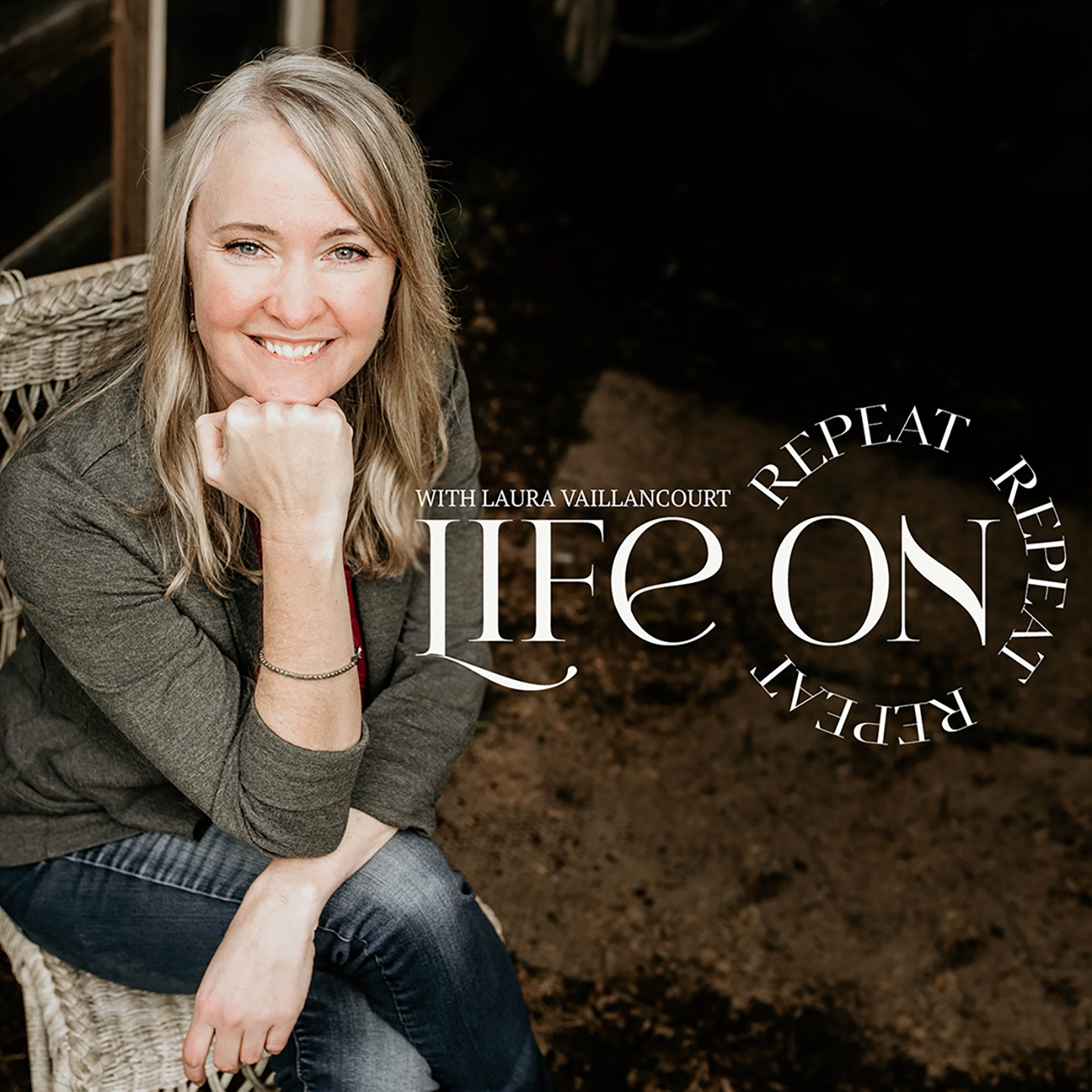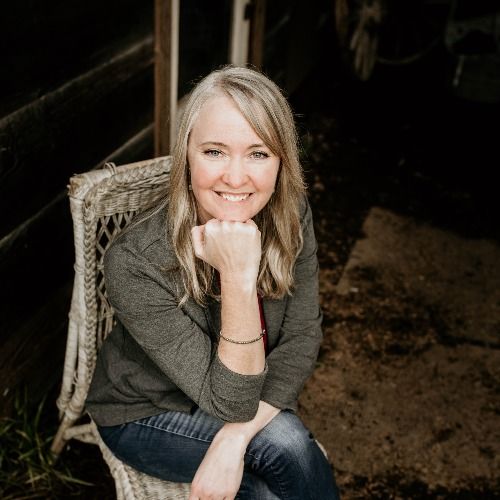Episode 51
How Sensory Care Transforms Dementia: The Dementia Connection Model Explained
In this inspiring episode, Laura sits down with Marisa Payne, certified brain and cognitive health coach and dementia care consultant, to dive into the powerful Dementia Connection Model. Together, they explore how sensory-based strategies, cognitive behavioral theory, and structured daily engagement can transform life for both caregivers and individuals living with dementia.
Whether you're a family caregiver, a healthcare professional, or simply someone looking to better understand dementia care, this episode is filled with practical tools and hope for deeper connection and better quality of life.
👤 Meet Marisa Payne:
Marisa Payne is a credentialed brain and cognitive health coach, Dementia Connection Specialist Certified Trainer, and dementia care consultant. With over a decade of experience — and a lifetime of personal connection to elder care — she’s passionate about empowering caregivers with evidence-based, compassionate tools that prioritize both caregiver well-being and dignity for those living with dementia.
📌 Topics Discussed:
- Marissa’s journey growing up alongside elders and how it shaped her passion for dementia care
- What the Dementia Connection Model is and how it works
- How cognitive behavioral theory can be applied in dementia caregiving
- The power of sensory-based engagement (sound, scent, touch) to create connection and calm
- Practical examples from the “Perfect Day” framework caregivers can use daily
- Why preserving the dignity, autonomy, and emotional safety of people with dementia matters
- How caregivers can feel less isolated and more empowered
- How evidence-based training supports both family caregivers and professionals
⏱️ Timestamps (Approximate):
00:00 – Welcome and meeting Marisa Payne
02:00 – Marisa’s story: Growing up in a home with elders
07:00 – The link between childhood experiences and dementia care passion
10:00 – Introduction to the Dementia Connection Model
14:30 – How cognitive behavioral theory applies to dementia
19:00 – The role of sensory engagement (music, scent, touch)
25:00 – Examples of building a “Perfect Day” for someone with dementia
30:30 – How this model works in home care vs. facility care
35:00 – How caregivers can lower their own stress with structure
39:00 – Breaking the myth: People living with dementia can still learn
43:30 – How evidence-based tools build real hope for caregivers
50:00 – Resources for getting trained or learning more
💡 Key Takeaways:
- Caregivers can lower stress and improve quality of life using sensory-based routines
- Even with dementia, individuals can still learn — just differently
- Evidence-based tools like the Dementia Connection Model offer hope, not just help
- Small daily changes (like music and scent) can create powerful emotional shifts
- Supporting caregivers' well-being is essential to better dementia care
📚 Resources Mentioned:
The Dementia Connection Institute – Explore training options and resources
The Busy Caregiver’s Guide to Advanced Alzheimer’s Disease by Dr. Jennifer Stelter
In Pursuit of Wellness – Marissa Payne’s consulting and support services
🤝 Connect with Marisa Payne:
Website: InPursuitofWellness.com
🌿 Connect with Laura Vaillancourt & the Life on Repeat Podcast:
Website: https://lifeonrepeatpodcast.com
Instagram: @lifeonrepeatpodcast
Facebook: Life on Repeat Podcast
YouTube: www.youtube.com/@LifeonRepeatPodcast
✨ Like this episode? Please like, subscribe, and share with someone who needs it. You’re not alone. 💛



